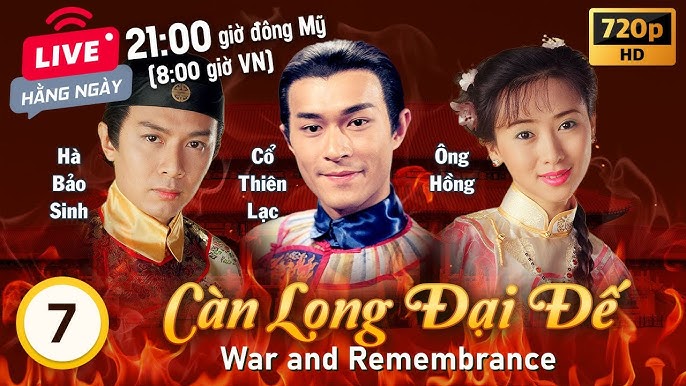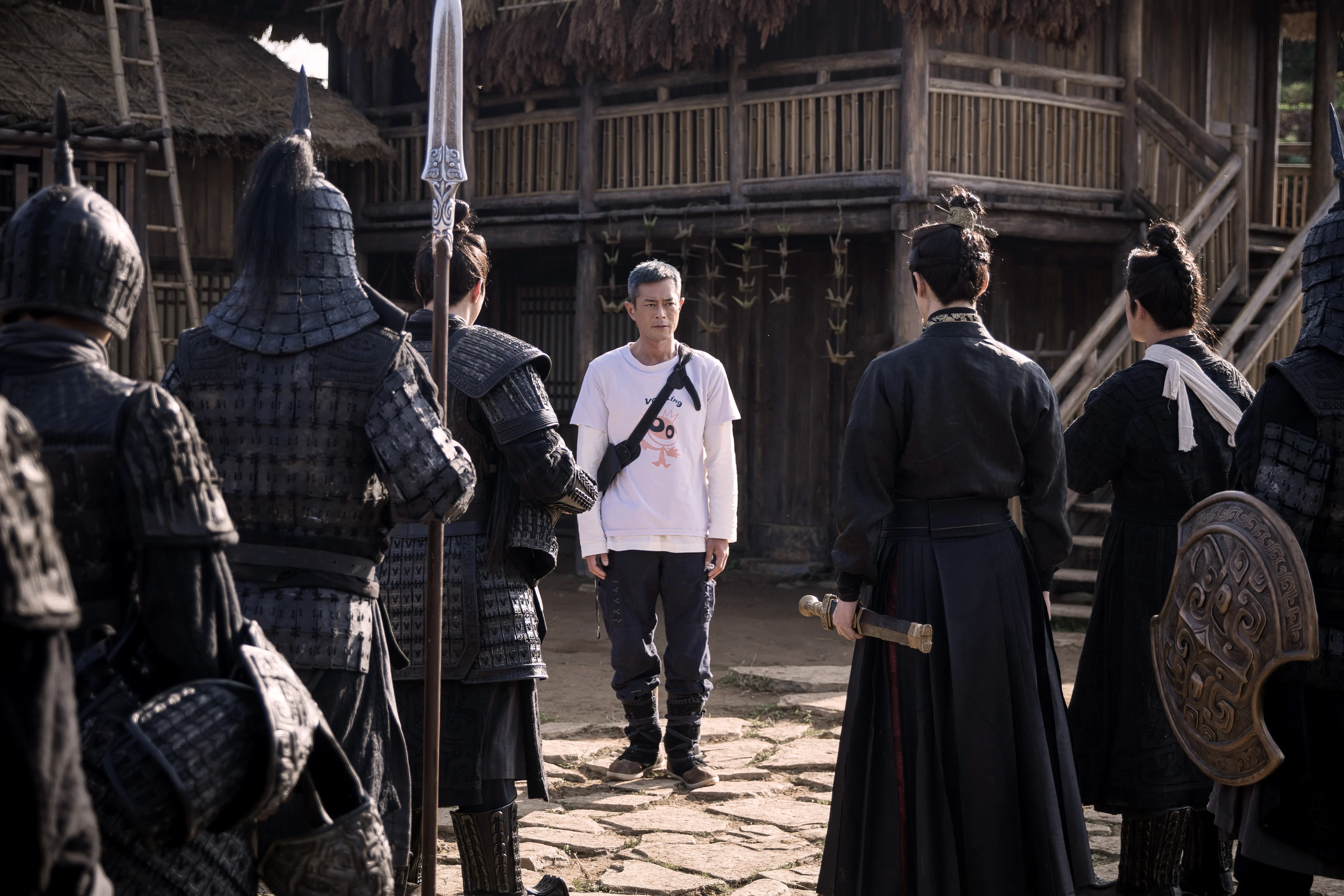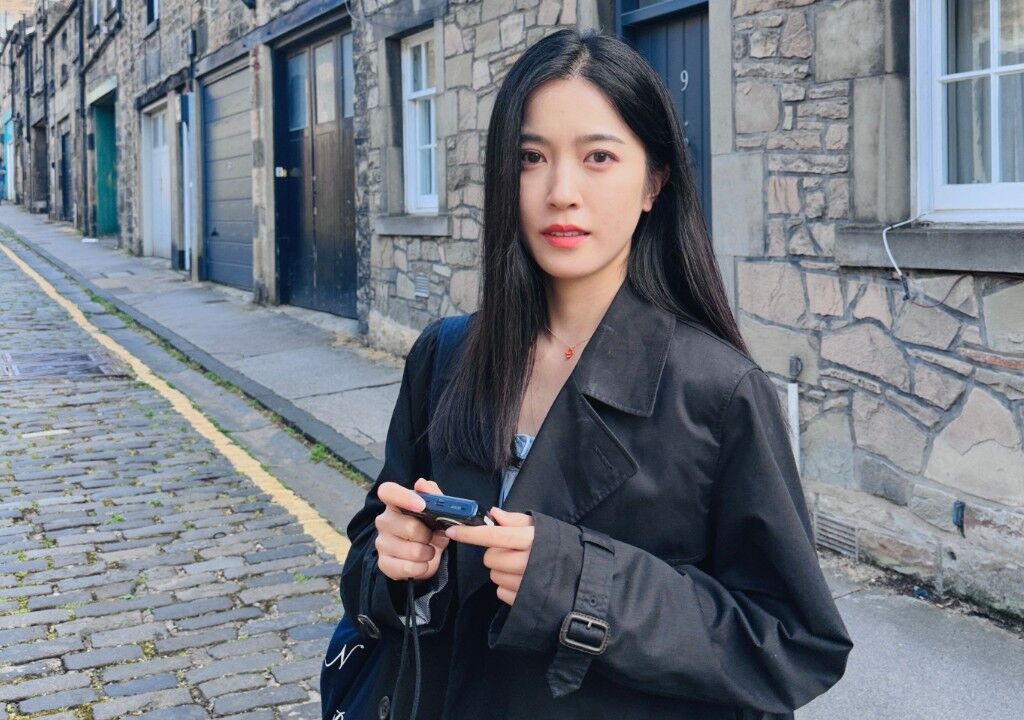Wong Kar-wai’s first-ever TV series, Blossoms Shanghai, premiered on December 27 last year, capturing public attention yet receiving a mixed critical response. Remarkably, the show garnered nearly 2% of total television viewership in China during the first ten minutes after its premiere, and also dominated seven spots on Weibo’s “Trending” bar. This adaptation of Jin Yucheng’s acclaimed novel marks Wong Kar-wai’s return to screens after a decade-long hiatus following his 2013 film, The Grandmaster. Starring Hu Ge, one of China’s most popular actors, the series has naturally drawn immense attention.
Blossoms Shanghai showcases the journey of businessman A Bao (portrayed by Hu Ge) as he rises from obscurity to questionable success in the 1990s. The story begins one Chinese New Year’s Eve with A Bao at the pinnacle of his life, distributing red envelopes at lavish parties, only to be abruptly struck in a planned hit-and-run. The narrative then alternates between his early life in the 1960s and the transformative 1990s, a period marked by China’s opening up and the ensuing explosion of economic opportunity and investment in Shanghai. In doing so it attempts to depict a pivotal era in Chinese history, capturing the intricate social maneuvers and business tactics that played out on the vibrant streets of a city entering its boom years.
However, the series’ cinematography, lighting, writing, and mise-en-scène have divided audiences and critics at home and abroad, receiving both praise and criticism.
A key feature of Blossoms Shanghai is its unique dual-language release, offering versions in both Mandarin and Shanghainese. This choice has resonated strongly with local audiences, particularly because most of the cast have Shanghainese backgrounds and speak the dialect fluently. The authenticity of the Shanghainese version has been particularly appreciated by Shanghai locals, as evidenced by enthusiastic Weibo comments. One commenter notably praised the dialect’s use, saying “it really has that local flavor.”
Wong Kar-wei’s distinctive cinematographic style, made iconic through the dream-like quality and neon hues of his 1990s Hong Kong films like Chungking Express, is once again a highlight in Blossoms Shanghai. One critic lauded this aspect, remarking that each frame of the show is so visually striking that it could serve as a wallpaper. Most significantly, Blossoms has struck a deep chord with audiences who experienced Shanghai’s rapid ascent to prosperity in the 1990s. On Douban, China’s equivalent of IMDb, viewers have shared personal photographs from the era, attesting to the show’s accurate portrayal of life during that transformative period. This sense of authenticity is further echoed in reviews, with one notably stating that the TV show vividly transported him back to the Shanghai of his youth.
Watched two episodes of Blossoms Shanghai. WKW as toothless aesthetic, a piss-tinted Ferrero Rocher ad. See You Tomorrow that glamorises working class history to the point everything is so beautiful and clean you wonder why they’re all trying to get rich in the first place. pic.twitter.com/otljuYOOAI
— Dylan Cheung (@Futurhythm) December 28, 2023
Yet both domestic and international critics have cited Blossoms’ underdeveloped storyline as its major flaw. A critic on Baidu expressed that the plot of the series, obscured by Wong’s intricate cinematography and the actors’ performances, remained unclear even after four episodes. This sentiment was echoed by an overseas critic who appreciated the show’s technical beauty but remarked that it might be “a great movie buried in over 20+ hours,” criticizing the slow pace of plot development. Meanwhile, Sydney-based film writer Dylan Cheung commented on Twitter/X that the show “glamorises working class history to the point everything is so beautiful and clean you wonder why they’re all trying to get rich in the first place”.
In the RADII office, Jia Yun Yan, our only team member to binge watch a significant chunk of the show so far, had a similar take: “Watching a full television series in Shanghainese was an enjoyable novelty, given that it’s rare to see shows produced in this regional dialect. Knowing that Wong Kar-wai is behind the show added to the appeal for cinephiles in general. However the thin plotline stretched over 10 episodes became tiresome. Aside from the Wong Kar-wai-esque cinematography, beautiful set ups, and pretty colors, the rest is mediocre. The musical score feels like a cheap knock-off from the show Succession. This TV project demonstrates that Wong Kar-wai’s talents may be better suited to the cinematic format rather than episodic storytelling meant for home screens.
At the same time, the popularity of Blossoms has reignited a wave of excitement, drawing thousands back to the historical buildings featured in the show. Scenes set in the Zhizhengyuan Hotel, filmed at the historic Taishengyuan Building on Huanghe Road (not far from People’s Park) have transformed this part of Shanghai’s historic downtown into a bustling hotspot, as evidenced by recent Weibo posts capturing the lively crowds. Moreover, the show’s portrayal of local cuisine has sparked a culinary frenzy. Food stalls in the neighborhood selling traditional Shanghai street foods, once overlooked, now see snaking lines of eager fans, all wanting to taste the characters’ favorite dishes.
Banner image via Tencent.



















